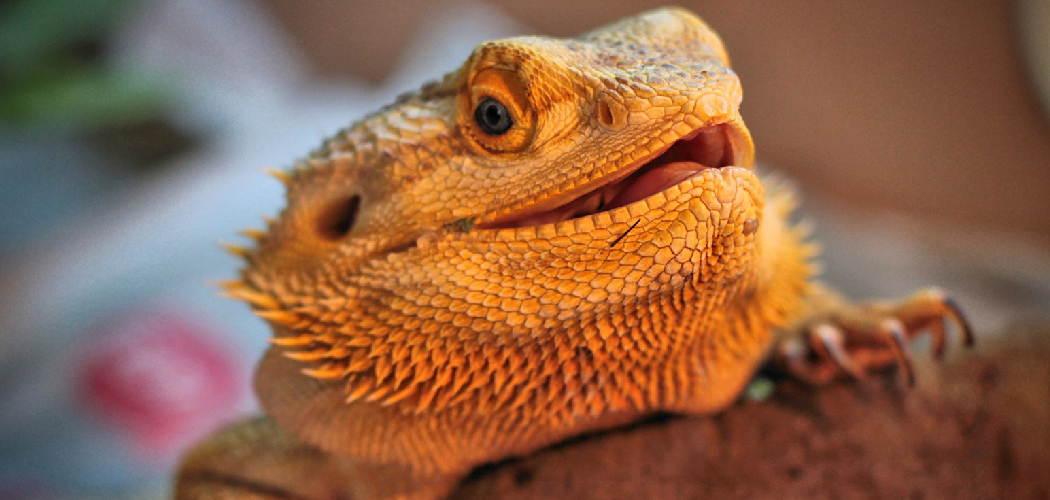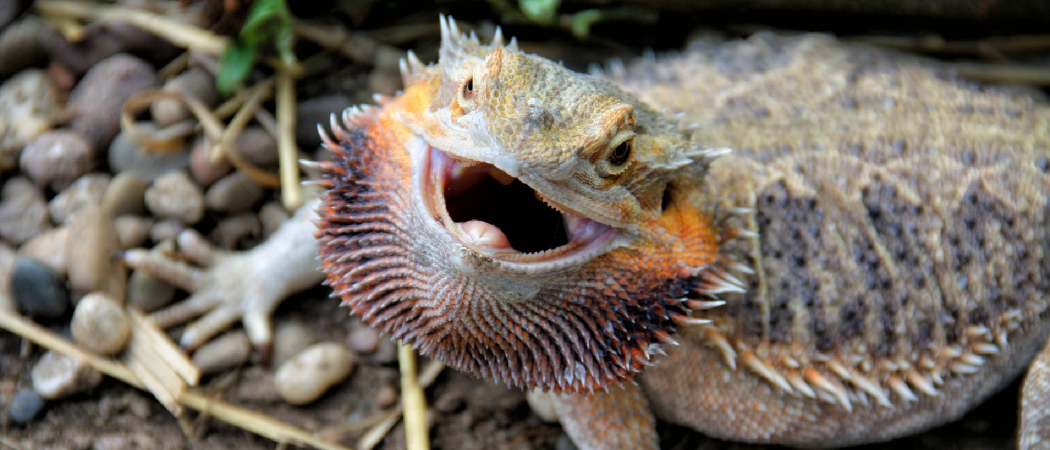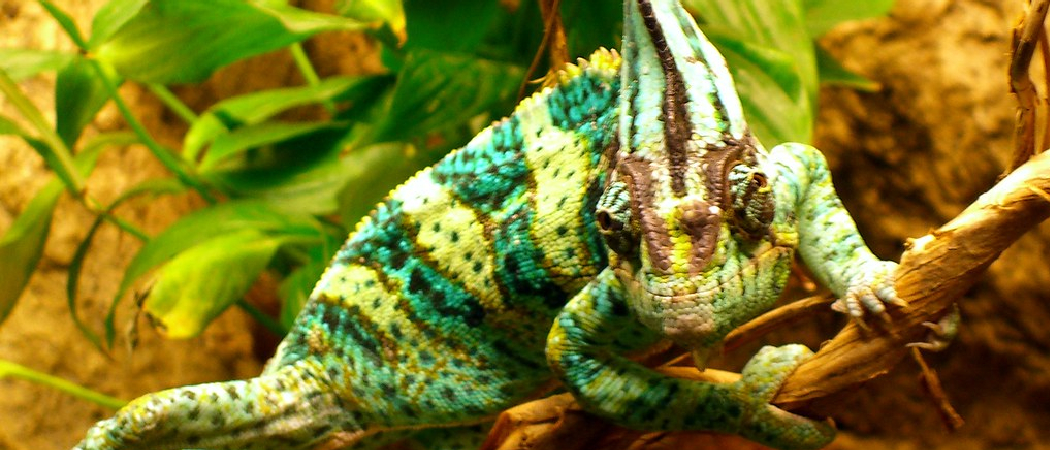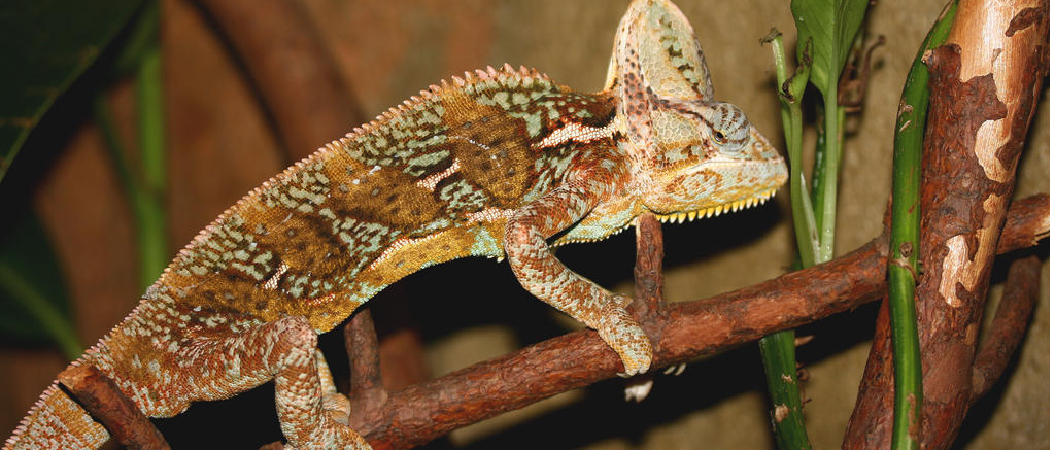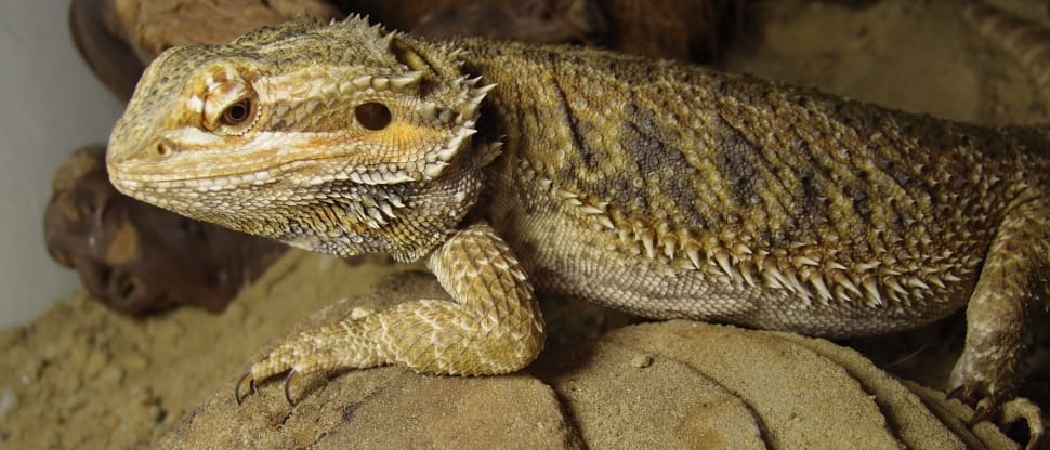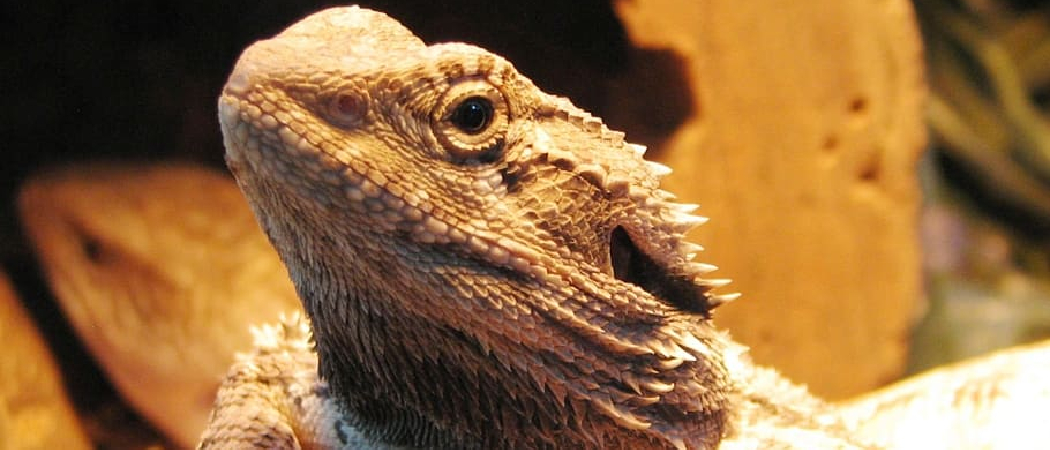Can You Overfeed a Bearded Dragon? Discover the Consequences!
No, overfeeding a Bearded Dragon is not recommended, as it can lead to health issues. Bearded Dragons are fascinating reptiles that make popular pets. If you are considering welcoming one into your home, it’s important to understand their dietary needs to ensure their health and well-being. One common concern among bearded dragon owners is whether …

